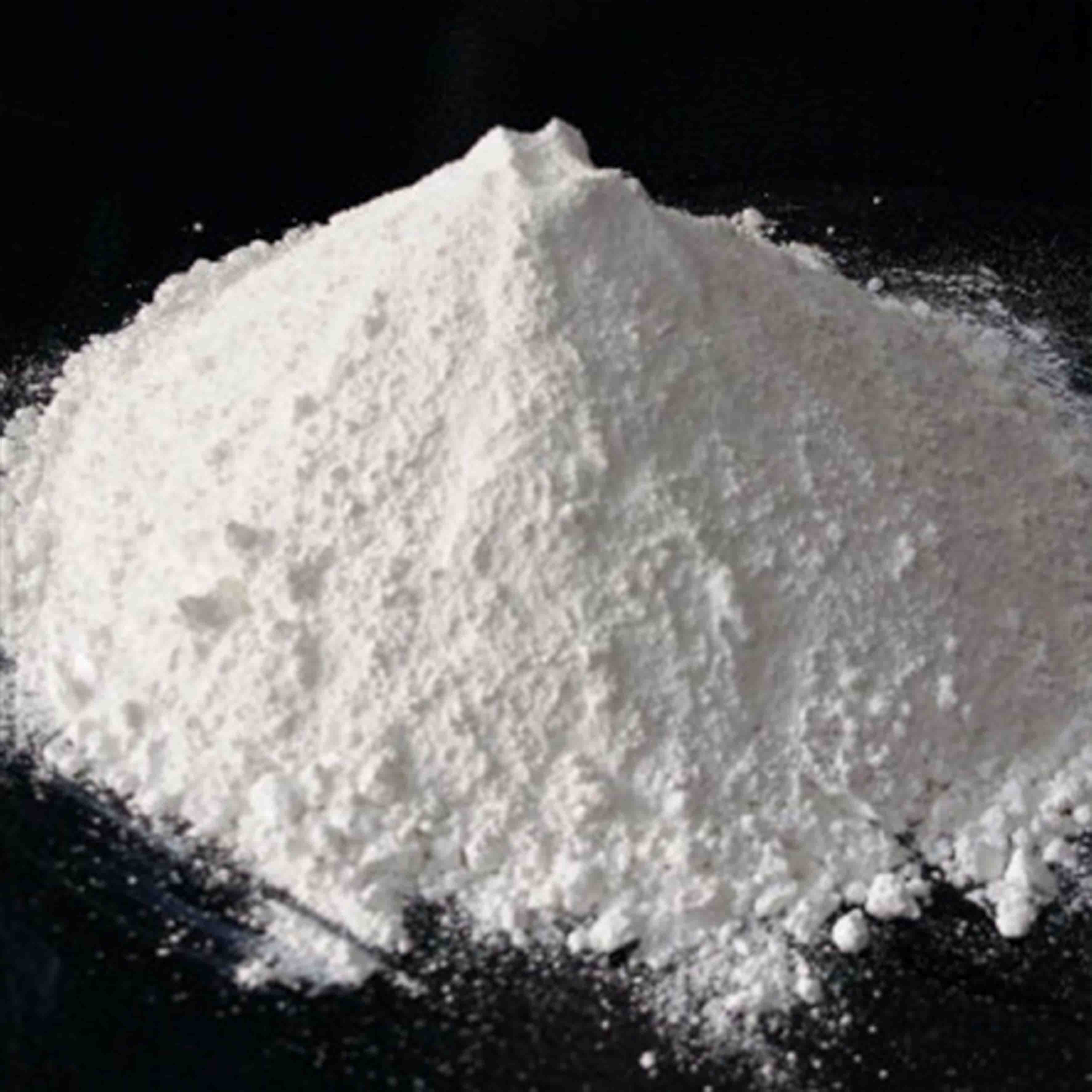Just like humans, dogs can suffer from skin allergies, which can cause discomfort and distress. These allergies may lead to symptoms such as itching, redness, and inflamed skin. While medications and topical treatments can provide relief, incorporating vitamins into your dog's diet can also play a crucial role in managing skin allergies. This article explores the benefits of certain vitamins and how they can help alleviate skin issues in dogs.






